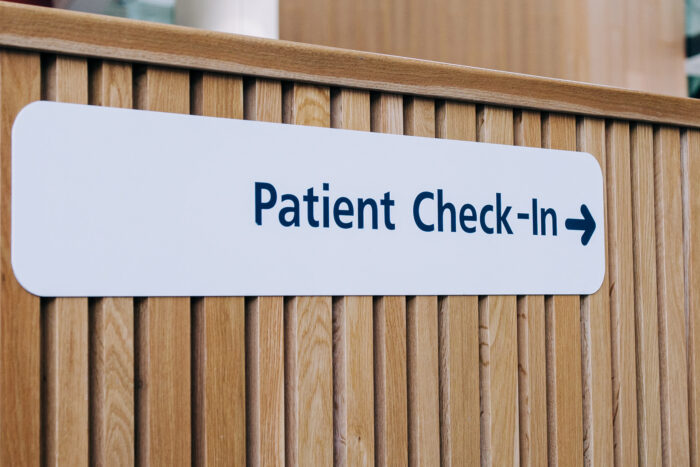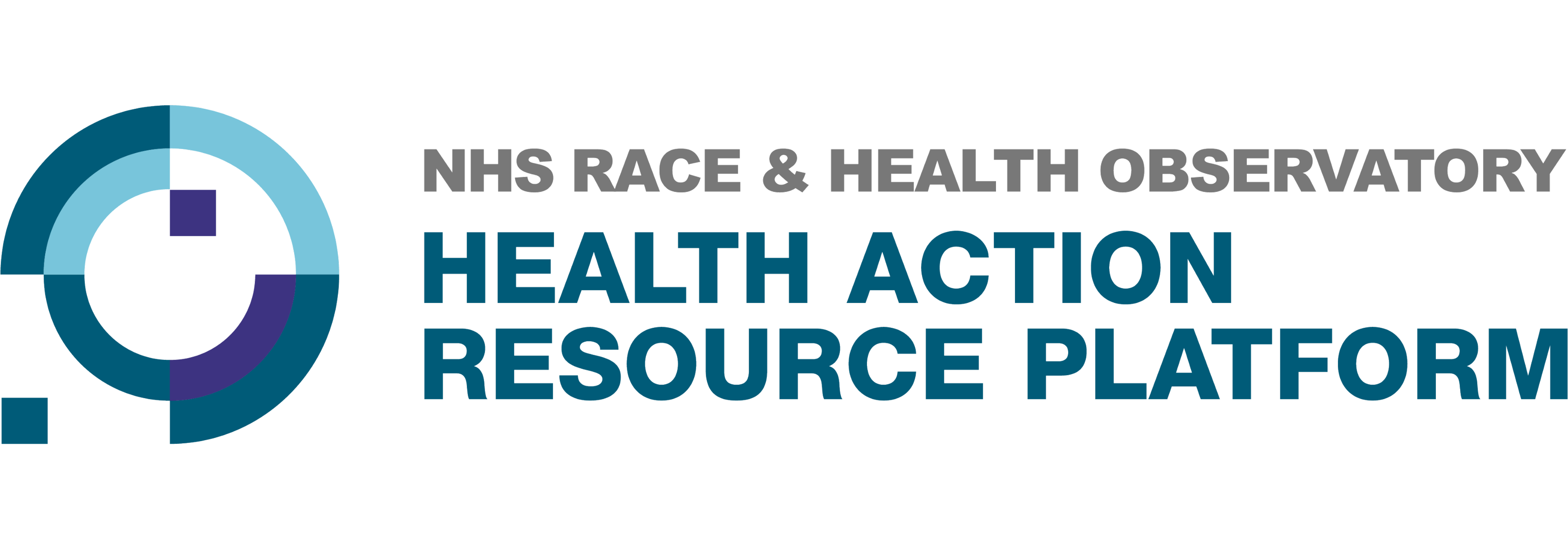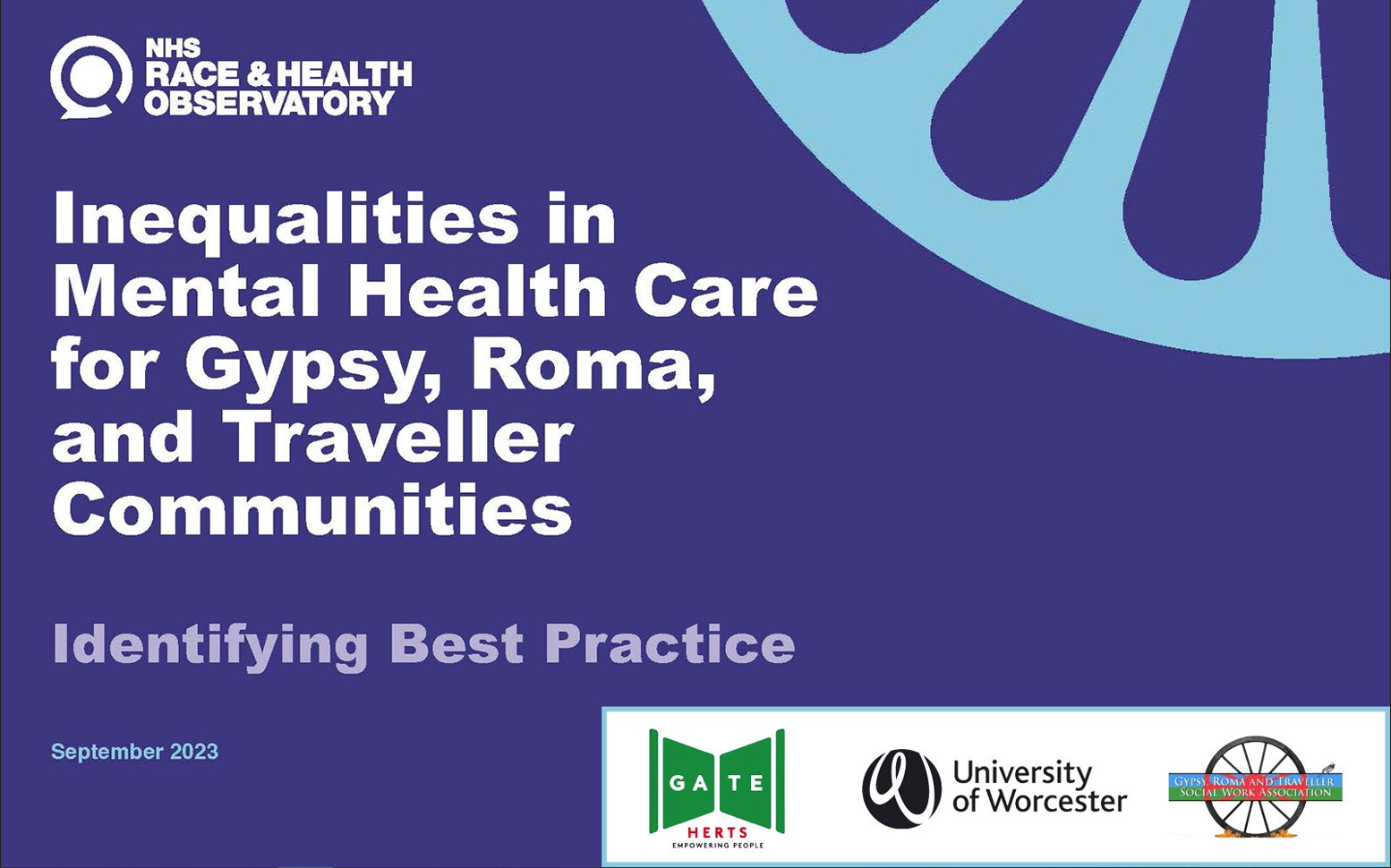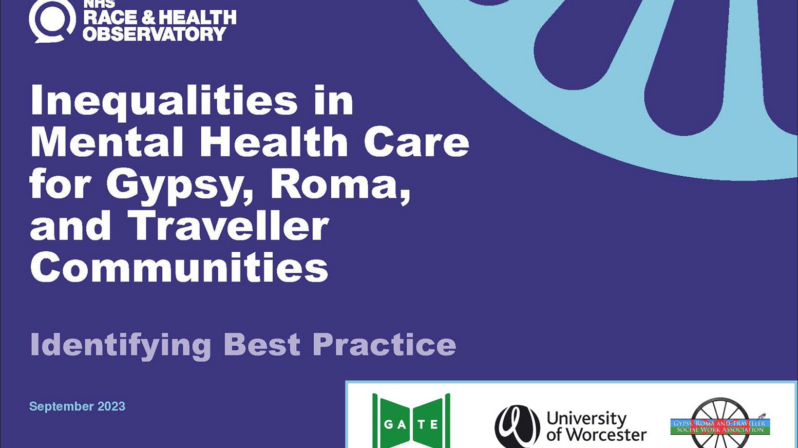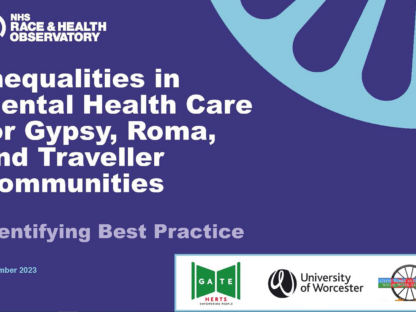This case study is drawn from a programme of research commissioned by the Race and Health Observatory and published in 2023. As part of this project, the team worked with six services in the UK and Ireland to understand good practice in mental health services for these communities. To read more about mental health in Gypsy, Roma, Traveller Communities, you can access the full research project here: https://nhsrho.org/research/identifying-best-mental-health-practice-with-gypsy-roma-and-traveller-communities/
Background
Exchange House Ireland National Travellers Service is an organisation of Traveller and non-Travellers and a leading provider since 1980 of front line and support services to some of the most marginalised Travellers in Ireland. Exchange House provides services for over 50 community members per week and carries out 400 case work interventions per year. Ireland has a national suicide prevention strategy for Travellers and Exchange House, although based in Dublin, has a national reach. It is holistic in its range of services – from a ‘Man’s shed’ project to teaching basic literacy and computing skills to adults and young people. They receive core state funding and employ social workers which also differentiates them from any UK services and helps break down barriers when compulsory interventions may become necessary. Exchange House employ their own mental health and suicide prevention workers, some of whom are Travellers.
Activities and services
Exchange House produce Traveller-led videos about suicide prevention and have a service called ‘Travelling to Wellbeing’, which has a recovery-focused model of local mental health service provision within a community development context. They have a strong ethos of celebrating culture, which includes the use of art, music, and poetry. They recently organised a concert with an anti-suicide message. Men and women spoke and delivered poems and sketches about their own mental health journeys, suicidal ideations, and family loss, using the arts as a medium to get discussions going and help change attitudes.
Another strength of the service is its family approach to mental health difficulties. Young people informed staff that parents would be their first port of call if mental health was a problem – hence parents are educated about appropriate responses so that they can help or ‘hold’ their children, while professional help is sought. Response times to getting professional help seemed swift, particularly when compared to reported delays in the UK system. Exchange House receives both state and charitable sector funding.
Key learning and Engagement
As part of the Observatory’s research, a youth focus group was held with people from Longford, made up of nine girls and six boys. The group was split into smaller groups to encourage debate on the sensitive topic of mental health.
Some examples of the emergent themes and perspectives are given below, with a focus on the girls’ groups:
Feeling Judged
One group expressed feelings of humiliation at being followed around shops. They felt judged by the way they looked and by their accents and felt like every time they were in a shop, they were made a spectacle of. This seemed quite raw, and the girls were animated in their descriptions. One girl said that sometimes she is nervous to tell people her surname in case she is judged and said she has often pretended to be someone else.
Feeling scrutinised
The girls talked about the pressures of social media, and how people shame them for their appearance and home lives. They explained that they felt pressurised to always appear nicely dressed and fully made up. They were cautious of family members posting pictures of them on social media, because if the photo was less than perfect, other people could screen grab it and use it against them to troll them later. How others perceived them was always on their minds.
Mutual support
The girls talked of supporting each other through the tribulations of life and that they could confide in their mums if necessary. They said that if one of them was struggling, they would recommend seeking advice from a professional although they did not know where to signpost them.
They said the best thing about being a Traveller was the fact they had large families and there was always someone around. The worst thing about being a Traveller was the fact that, as Traveller girls, people think they had no hopes or dreams, unlike most other young women from other ethnicities.
Replicable good practice
- Comprehensive set of recovery-focused services including a ‘Men’s Shed’.
- Focus on literacy across the ages and routes to employment.
- Statutory funding includes social workers being based on site.
- Significant range of creative arts and young people’s services.
Inequalities in Mental Health Care for Gypsy, Roma, and Traveller Communities
This case study is part of a report commissioned by the RHO which aims to identify best practice in mental health for Gypsy, Roma and Traveller communities.
